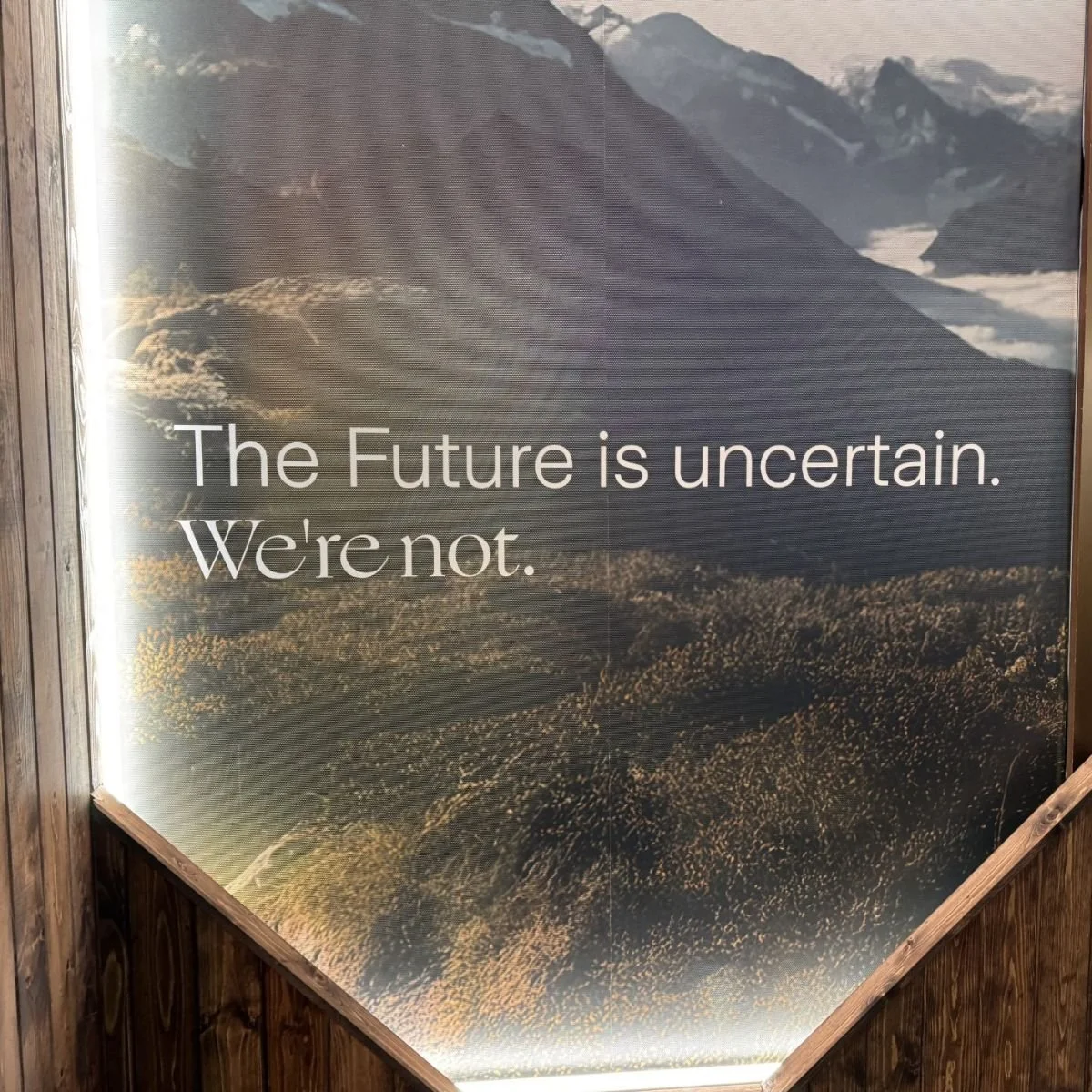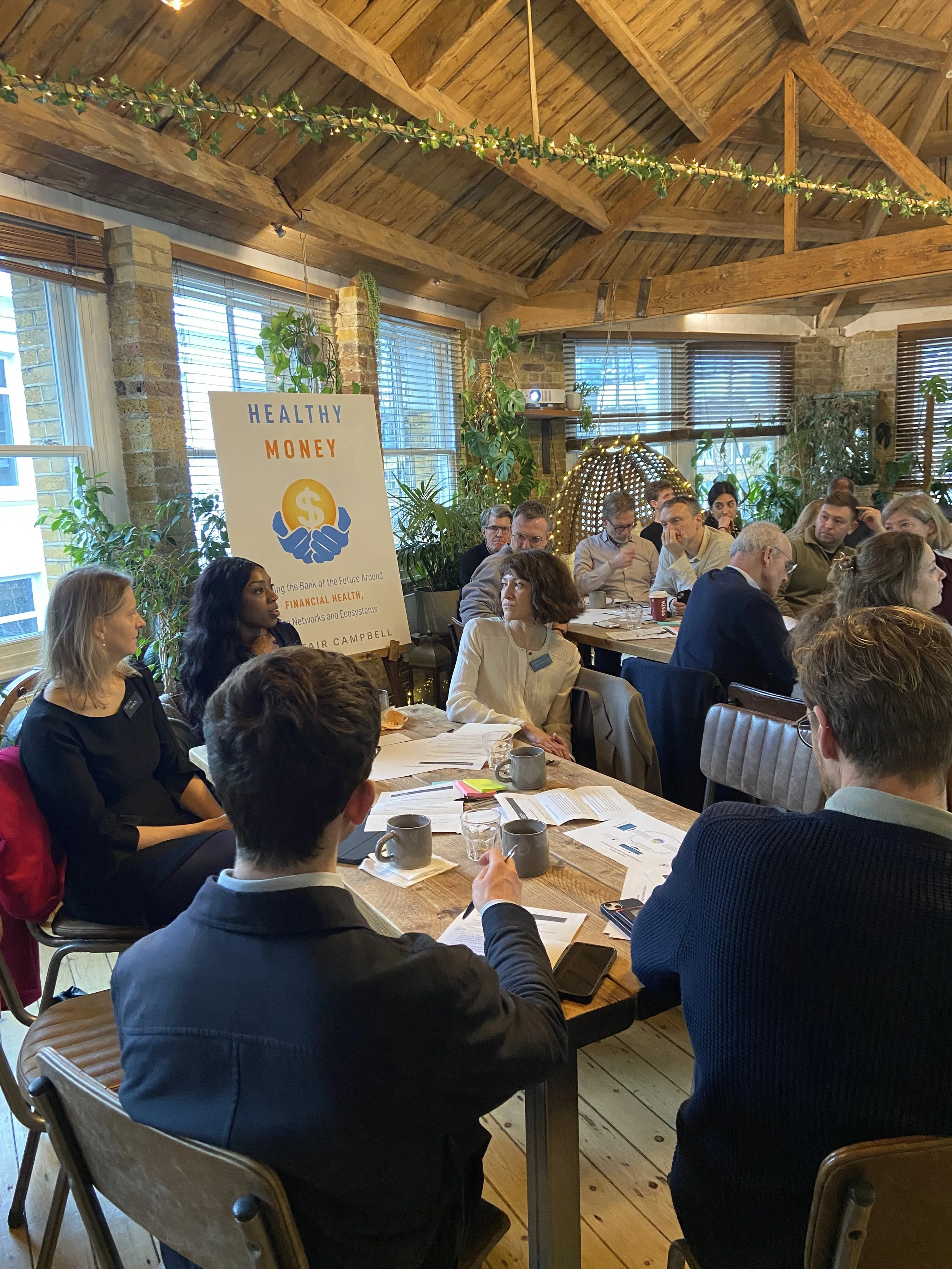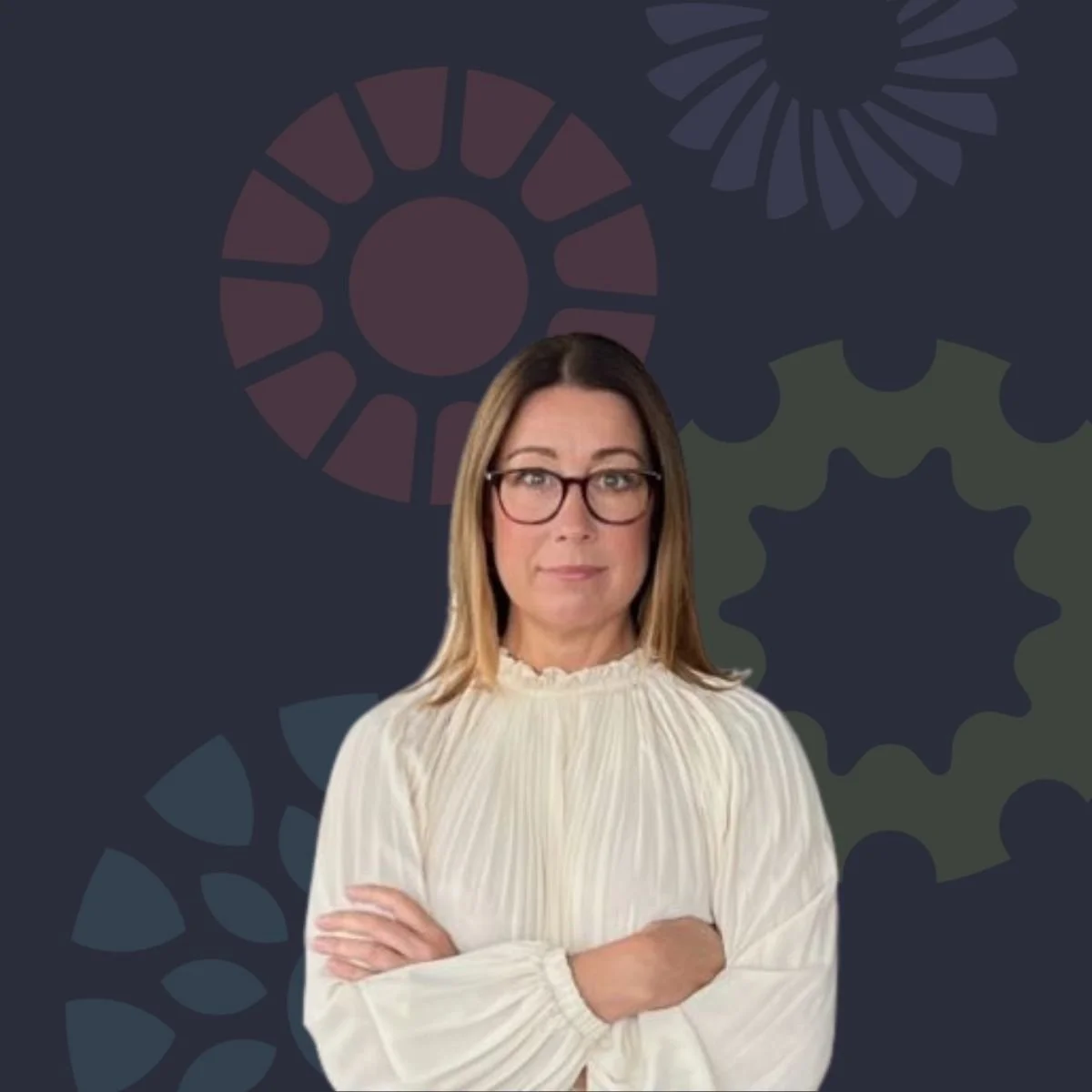Hope Is “A Verb With Its Shirtsleeves Rolled Up”
December 2023
By Alastair Colin-Jones,
Senior Director, Business Transformation & Learning,
Mutual Value Labs
A couple weeks ago, I was asked by a client if I had hope for 2024. An expected and appropriately seasonal question. My response was to ask, “hope for what”? They specified what they meant, “hope for whether all the purposeful business stuff will really make a difference and take off”.
An interesting thing about the question was how hope was used to mean a feeling, i.e. am I feeling hopeful as I look into 2024. A feeling where the right answer in such a moment is to be optimistic, to be glass half full, or for the consultants out there, to be ‘top-right’. We look for reasons to feel like the best is yet to come. I desperately wanted to give an answer to that effect, but it felt incomplete.
Hope isn’t only a noun, it’s also a verb — to hope. And the verb isn’t so much about the feelings associated with a desirable future, it’s actually about what gets done in the messy present. Hope as a feeling asks us what we hope for. While hope as a verb asks us to also consider how we hope and we desperately need both, but we are much better at the former than the latter. The question reminded me of David Orr’s poignant phrase that "hope is a verb with its shirtsleeves rolled up".
To hope of course requires you to imagine an alternative, a better future but it also requires you to work for it to become reality. Your participation in the work of hope is not optional. More than primarily a feeling, hope is a kind of energy and a character in the present, and crucially, one that actually ought not to rely on feeling hopeful. We will likely not feel hopeful all the time, hope will inevitably be dashed, extinguished, and unfulfilled. That’s just the reality of life, but it should not prevent the work and character of hope from continuing. To participate in hope is to keep going all the same because our feelings of hope do not fuel the work of hope. It is actually the work of hope that fuels our feelings.
Let’s put it this way, if the opposite of hope as a feeling is disappointment or pessimism; then the opposite of hope as a verb is apathy and inaction. Cultivating hope across both these axis (feel free to try draw the 2x2 if you like!) doesn't require us to strive to be top-right, just to avoid apathy and inaction. In fact, the reality is we would probably occupy the different quadrants simultaneously and plotting it wouldn't be helpful.
This is what Martin Luther King was getting at when he said, "Everything that is done in the world is done by hope". He meant everything — every conversation, every relationship, every business. The work of hope fuels everything. It’s in the doing of the small steps as much as the big ones, the glamorous and unglamorous; it’s the first insignificant meeting and the big meeting for the big deal. It’s all fuelled by the work of hope that sees a better alternative and works actively in the present to realize it, regardless of how hopeful one feels.
Let's ask then, as we look to 2024, what are you hoping for and how are you going to do hope? And what does it reveal about who you are?





